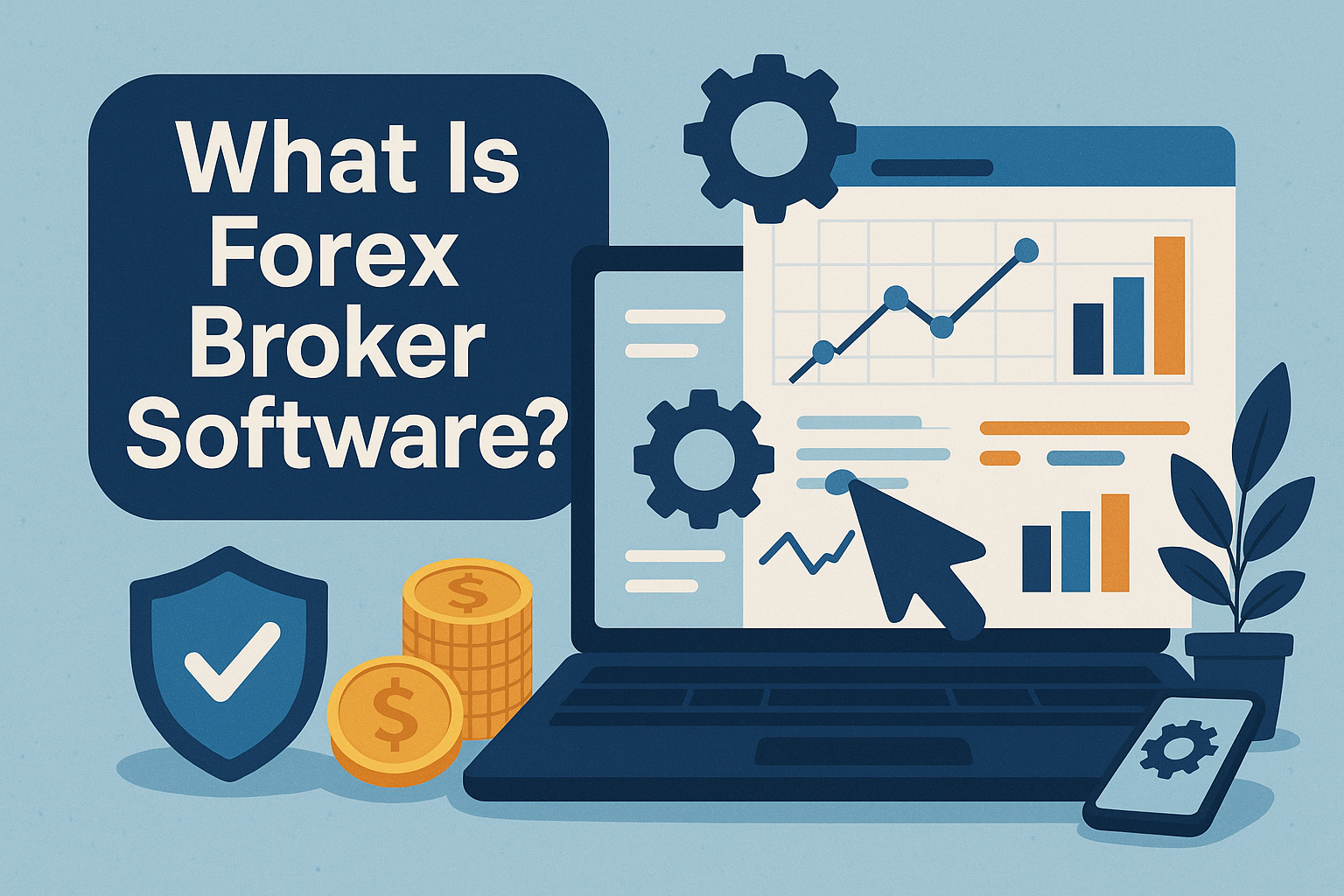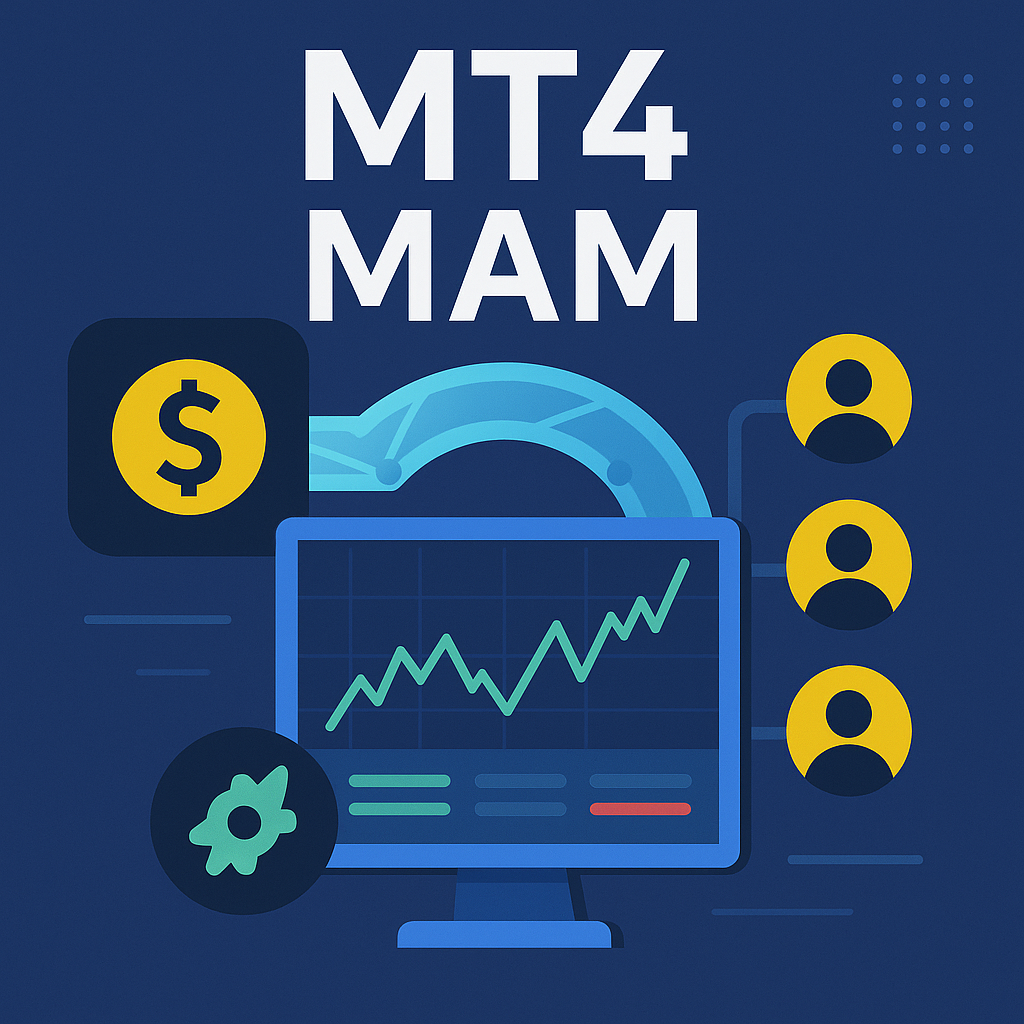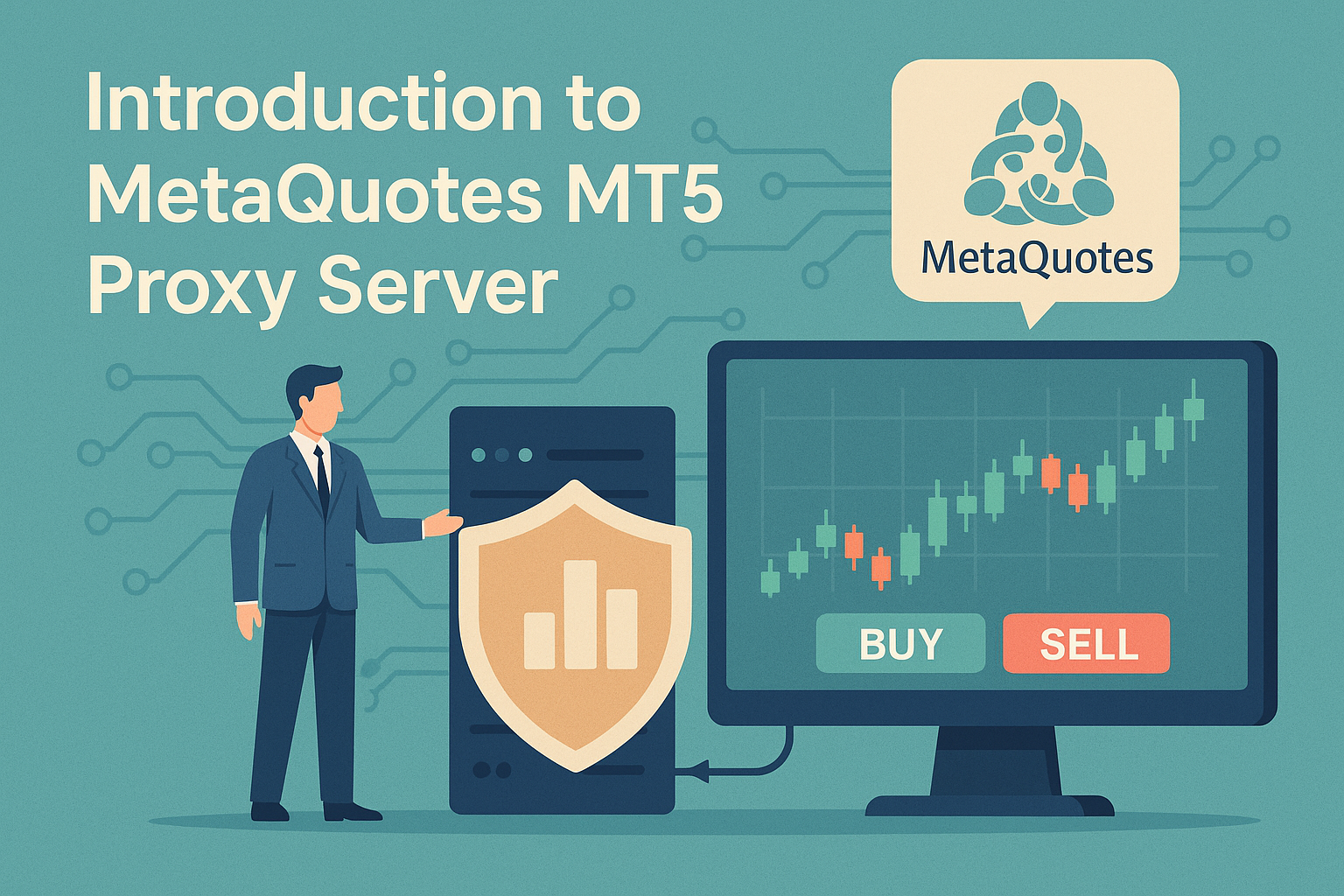
Why brokers need custom development services
The brokerage industry is evolving rapidly, with technology playing a central role in enhancing operational efficiency, regulatory compliance, and customer experience. While off-the-shelf trading platforms like MetaTrader 4 (MT4) and MetaTrader 5 (MT5) offer a strong foundation, they often lack the flexibility required to meet the unique needs of individual brokers. This is where custom development services for brokers come into play.
Custom software enables firms to tailor their platforms according to their business model, offering specialized trading instruments, enhanced risk management tools, and seamless integrations with third-party providers. Beyond functionality, regulatory requirements vary across regions, making it crucial to adopt custom solutions that comply with specific financial regulations. Additionally, automation, artificial intelligence, and data-driven insights have become indispensable in modern brokerage operations.
Key features of custom development services for brokers
A well-designed platform should include key features that enhance both the broker’s operational capabilities and the trader’s experience. Custom development services brokers offer flexibility in integrating these essential features:
-
Customizable trading platforms: brokers can modify existing platforms or build proprietary solutions to support their unique trading instruments and conditions.
-
Advanced risk management: custom tools allow to implementation of dynamic leverage, real-time monitoring, and automated risk controls to protect their business.
-
Liquidity aggregation & connectivity: seamless integration with multiple liquidity providers ensures competitive spreads, faster execution, and improved market depth.
-
Regulatory compliance & reporting: tailored compliance solutions help meet industry regulations, generate audit reports, and ensure transparency.
-
Automated trading & AI-driven analytics: custom solutions can incorporate AI-powered trading signals, algorithmic trading, and market analytics for enhanced decision-making.
-
Payment & withdrawal systems: secure integration with payment providers, crypto wallets, and banking institutions ensures smooth transactions.
By leveraging these features, brokers can create a trading environment that is scalable, efficient, and tailored to their business objectives.
Emerging trends in custom brokerage software
The growing integration of blockchain and cryptocurrency has led to increased demand for secure digital asset trading, requiring robust blockchain-powered security measures and crypto payment gateways. Artificial intelligence is playing a transformative role in the industry, with AI-driven analytics and automated trading bots redefining how traders develop and execute strategies.
Cloud-based trading platforms are becoming more prevalent, offering enhanced accessibility, scalability, and security. The adoption of an API-first approach is also gaining momentum, enabling seamless connection with external fintech services, data providers, and liquidity pools for greater operational efficiency. As cyber threats become more sophisticated, advanced encryption, multifactor authentication, and biometric security are now essential for protecting sensitive financial data and transactions.
The development process
Developing a custom platform involves several stages, each crucial for ensuring functionality, security, and compliance. The typical custom development process follows these key steps:
-
Requirement analysis: the first stage involves defining the broker’s needs, including trading functionalities, regulatory requirements, and user experience expectations.
-
Solution design: developers create wireframes and system architectures that align with the broker’s objectives.
-
Development & integration: core functionalities, such as trading engines, liquidity connections, and security features, are built and integrated with existing systems.
-
Testing & optimization: a rigorous testing phase ensures that the platform is secure, stable, and performs efficiently under different market conditions.
-
Deployment & training: once approved, the platform is deployed, and brokers receive training to manage and optimize its operations.
-
Ongoing maintenance & updates: continuous support and software updates ensure the platform remains up-to-date with industry changes and technological advancements.
By following a structured development process, brokers reduce risks, improve scalability, and enhance user experience.
Choosing the right development partner
Selecting the right custom development partner is critical for ensuring the success of a brokerage platform. Brokers should consider the following factors when evaluating potential developers:
-
Industry experience: a development team with expertise in forex, stock, and crypto markets will have a better understanding of broker-specific challenges.
-
Regulatory knowledge: developers should be familiar with financial regulations to ensure compliance with laws in different jurisdictions.
-
Technology stack: brokers should verify whether the company uses modern programming languages, frameworks, and security protocols.
-
Customization & scalability: the ability to provide flexible and scalable solutions ensures that the platform can grow alongside the business.
-
Post-launch support: ongoing maintenance, troubleshooting, and updates are essential for keeping the platform secure and operational.
By partnering with the right software provider, brokers gain a technological advantage and future-proof their trading platform.
Future-proofing your brokerage with custom development
Custom solutions provide brokers with the flexibility to scale, integrate new features, and seamlessly adapt to regulatory changes without requiring major system overhauls. A modular architecture ensures that new trading instruments, tools, and integrations can be added without disrupting operations. The incorporation of AI-driven analytics and automated trading strategies enhances decision-making and keeps platforms competitive in a fast-moving market.
With the growing reliance on mobile trading, a mobile-first development approach is essential for providing traders with seamless access to markets from any device. Security remains a top priority, requiring continuous updates to protect sensitive data and transactions from potential cyber threats.
Conclusion
Custom development services provide brokers with a unique opportunity to enhance their trading platforms, improve operational efficiency, and stay ahead of market trends. Unlike generic solutions, tailored software enables firms to integrate advanced risk management tools, liquidity connections, AI-driven analytics, and regulatory compliance features that align with their business objectives.
As emerging technologies such as blockchain, AI, and cloud-based trading continue to reshape the industry, brokers must embrace customization to maintain a competitive edge. Choosing the right development partner and following a structured approach to platform creation ensures that brokers can adapt to new challenges, scale effectively, and deliver a superior trading experience to their clients.














